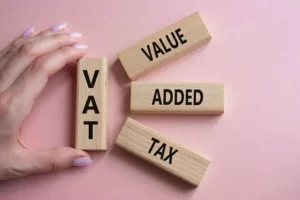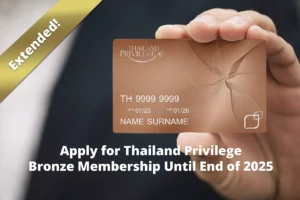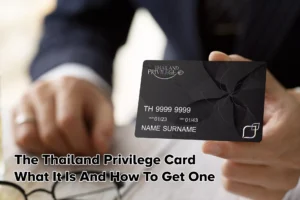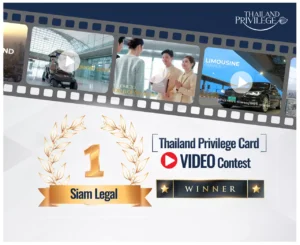Buying Property on a Thailand Elite Visa
The Thailand Elite Visa program offers you extended residency, countless luxury lifestyle and travel benefits, and the option to buy property in Thailand. However, foreign ownership of property presents a unique legal framework. This comprehensive guide provides an overview of the primary methods available if you are an Elite Visa holder seeking to purchase property in Thailand. By understanding these options, you can strategically navigate the process, ensuring a smooth path toward achieving your residency goals without running into any legal issues.
Can I buy property in Thailand as a foreigner?
While Thailand boasts a vibrant real estate market, foreign ownership is largely restricted. Unlike many countries, direct land purchases by foreigners are generally prohibited. While exceptions do exist, they are extraordinarily rare. However, this need not impede your real estate aspirations. This guide explores two primary routes to property ownership on the Thailand Elite Visa:
- Condominium Units: As a foreigner, you can buy condos in Thailand with relatively few restrictions.
- Long-Term Leasehold Agreements: These agreements provide extended use rights for the land, offering you a viable alternative to direct ownership.
Buying Condominiums in Thailand
If you are looking to gain a foothold in Thailand’s property market, condominium ownership is a popular and efficient option. Unlike land ownership, which comes with legal restrictions for foreigners, condominiums provide a more streamlined and transparent process.
The key advantage lies in freehold ownership. Similar to owning a house, you can acquire full ownership of the condominium unit for security and long-term investment potential. There are also no limitations on the total number of units a foreigner can own, nor is there a price restriction. If you are looking for investment opportunities, foreign-owned condominiums can be rented out, generating an income stream.
However, it’s important to be aware of a key nuance: foreign ownership within a single condominium development is capped at 49% of the total usable area. This regulation ensures a balance between foreign and Thai ownership within the project. Importantly, though, the remaining 51% can be leased by a foreigner if the owner is a Thai citizen or commercial entity.
By understanding these advantages and considerations, you can leverage condominium ownership as a practical path to owning a piece of Thailand’s vibrant real estate market. This is a popular route for Thailand Elite Visa holders because while they are not allowed to obtain work permits, they can freely profit from investments such as these.
Long-Term Leasehold and House Ownership in Thailand
If a condo doesn’t suit your needs, you can consider leasehold agreements to acquire a house, townhouse, or individual villa. This approach grants you a secured right of occupancy for a designated period, ensuring compliance with Thai law while fulfilling the desire for a permanent residence or a vacation haven.
Leasehold agreements typically have a maximum term of 30 years. During this time, you enjoy exclusive rights to utilize the property, be it for personal residence or income generation through rentals. Be aware, though, that you may need to get permission from the owner (written down in the lease agreement) before using the land in certain ways.
To enhance security, all lease agreements over three years must be registered with the local Land Office. Many forward-thinking developers go a step further, incorporating clauses in sale and purchase agreements that promise lease renewals for additional 30-year terms. This has the potential to extend the total lease term to a highly attractive 90 years (30+30+30).
Professional Assistance with Buying Property in Thailand
If you’re a Thailand Privilege member who has found your home in the Land of Smiles but need legal assistance to navigate Thailand’s complex real estate environment, reach out to Siam Legal. Our experienced property law team is ready to help you with all your property-related needs from contract review to title searches to Land Office registrations to ensure you are safe from both fraud and legal issues.









































